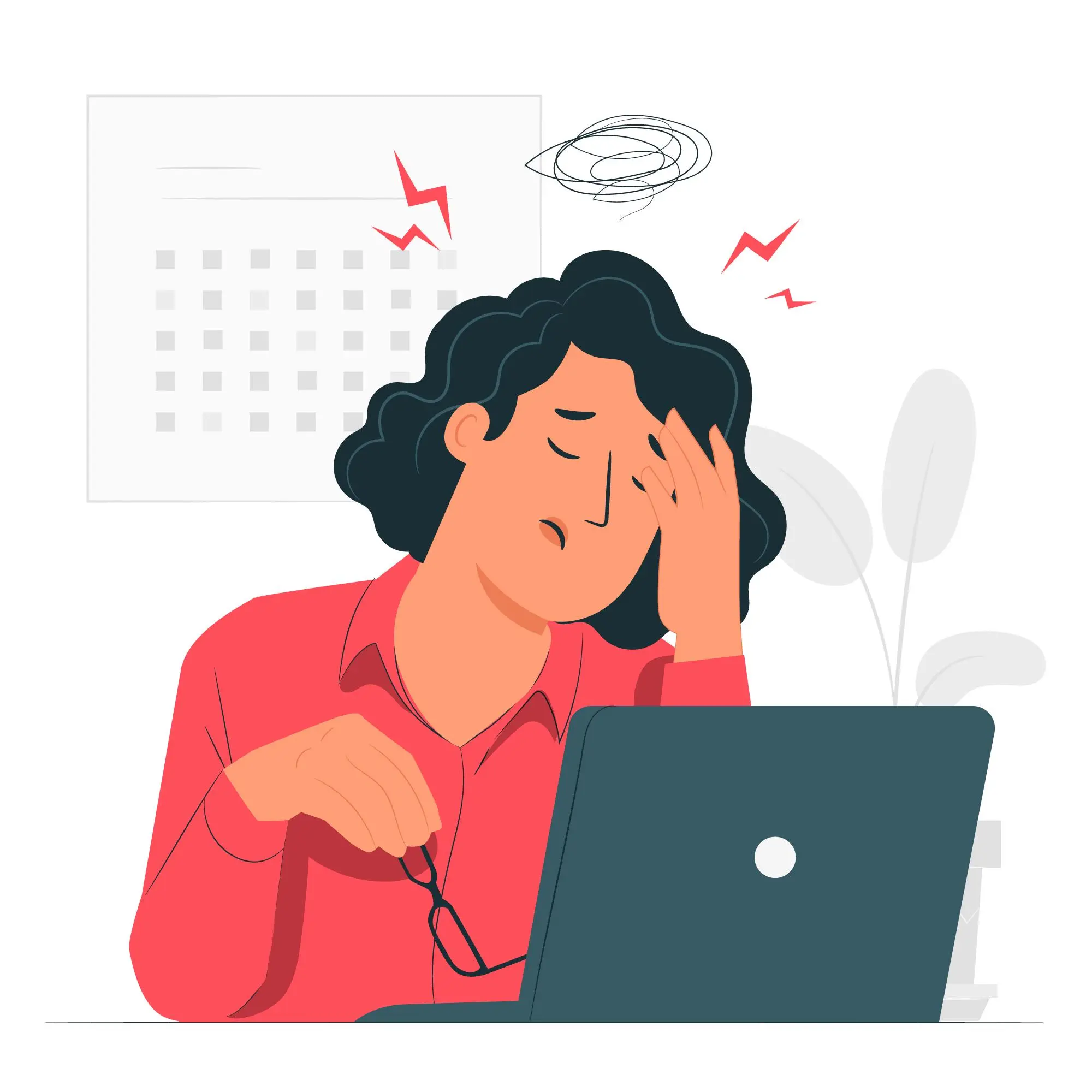For many of us, our careers are more than just a way to earn a living; they’re tied to our sense of purpose, identity, and self-worth. When things go well, work can be rewarding and fulfilling. However, when challenges arise, they can deeply affect our emotional and mental health. Career-related stress is increasingly common. From burnout and redundancy, to uncertainty about the future of work, many people find themselves questioning their professional direction or struggling to cope with the pressures of modern employment. This can lead to individuals feeling lost, overwhelmed, or unfulfilled in their working lives. Understanding these issues (and knowing where to find support), can be the first step towards regaining balance and confidence.

Career difficulties
These can take many forms, and they often evolve over time. Some of the most common issues include:
Workplace stress and burnout: Many UK employees experience high workloads, long hours, and performance pressure. Over time, this can lead to exhaustion, low mood, and a loss of motivation.
Job insecurity and redundancy: Economic change, restructuring, and automation have left many people anxious about job stability and the future of work.
Lack of fulfilment: Feeling stuck in a job that no longer aligns with your values or interests can cause frustration and loss of direction.
Workplace conflict: Difficult relationships with managers or colleagues can create ongoing tension and emotional strain.
Career transitions: Whether you’re changing paths, re-entering the workforce, or facing early retirement, transitions can trigger uncertainty and self-doubt.
Imposter syndrome: Many professionals, even those at senior levels, privately fear they’re not good enough or will be “found out.”

The emotional impact
Career issues can affect more than just your job performance. They can influence how you feel about yourself, your relationships, and your overall sense of balance.
You might notice symptoms such as:
-
Difficulty concentrating or making decisions
-
Anxiety, low mood, or irritability
-
Loss of confidence or motivation
-
Trouble sleeping or constant fatigue
-
Withdrawal from social activities
Acknowledging these feelings is not a sign of weakness — it’s a healthy first step toward change.
Moving forward
Career challenges are part of life, but they don’t have to define you. With the right support, it’s possible to regain clarity, confidence, and balance.

The benefits of therapy
Therapy may help you:
Gain clarity about your goals and values
Identify what truly matters to you — not just what’s expected of you — to make better career choices.
Build confidence and self-esteem
Therapy can help you challenge negative thought patterns and strengthen your sense of self-worth.
Manage stress and prevent burnout
Learn coping strategies to maintain emotional wellbeing, even in high-pressure environments.
Develop communication and boundary-setting skills
Improve how you navigate difficult workplace relationships or assert your needs more effectively.
Find balance
Explore how to create a healthier work-life balance that supports both professional and personal wellbeing.
Useful websites



